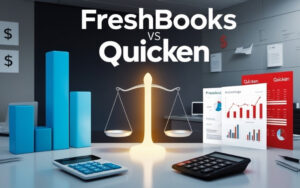Accounting software for therapists streamlines financial management and billing processes. It optimizes practice efficiency and financial tracking for mental health professionals.
Therapists and counsellors require specialized tools to manage their finances, client billing, and insurance claims effectively. The right accounting software can play a pivotal role in the success of their practice by providing features tailored to the unique needs of the mental health industry.
These tools often include appointment scheduling, payment processing, and comprehensive financial reporting, all designed to save time and reduce errors. With the integration of electronic health records (EHRs), therapists can also ensure compliance with healthcare regulations while simplifying the accounting aspects of their practice. Investing in robust accounting software helps therapists focus more on their clients and less on administrative tasks, enhancing service delivery.

Benefits Of Accounting Software
Therapists often juggle many tasks. From managing sessions to keeping track of finances, it can get overwhelming. Accounting software for therapists streamlines this process. It makes handling money matters simpler and smarter. With benefits like saving time, improving accuracy, and offering financial insights, such software is vital. Let’s explore these benefits.
Time Savings
Every minute counts in a busy therapy practice. Mental health accounting software is a game-changer. It reduces the hours spent on manual bookkeeping. Let’s see how:
- Automates billing and invoicing
- Syncs with bank accounts to track expenses
- Manages payroll with a few clicks
This software also makes tax season less stressful. Preparing tax returns becomes faster and easier with all financial data in one place. See the table below:
| Task | Without Software | With Software |
|---|---|---|
| Invoice Creation | 30 minutes | 5 minutes |
| Expense Tracking | Multiple hours/week | Automatic |
| Tax Prep | Days | Hours |
Accuracy Improvement
Errors in accounting can be costly. Accounting software for therapists minimizes these risks. By automating calculations, the chance of human error drops significantly. Key benefits include:
- Correct invoice calculations
- Precise financial reporting
- Up-to-date bookkeeping
Such software often comes with built-in compliance checks. This helps ensure therapists follow industry rules. The accuracy also builds trust with clients, as they receive correct invoices every time.
Financial Insights
Understanding your practice’s financial health is crucial. Therapy practice software provides valuable insights. It does so by analyzing financial data. Therapists can see:
- Profitable services
- Spending trends
- Revenue growth areas
With this information, therapists can make informed decisions. They can adjust their services or spending to grow their practice. Accounting therapy software turns numbers into actionable advice. It’s a powerful tool for any therapist wanting to thrive.
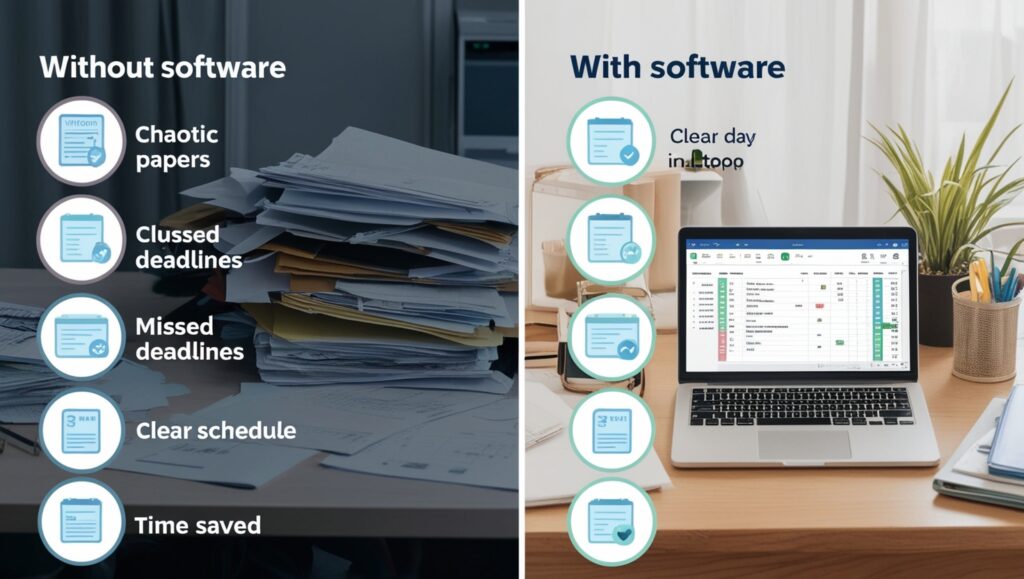
Key Features To Look For
Accounting software for therapists is a must-have tool to manage finances smoothly. Therapists must look for key features that streamline billing, track expenses, and generate clear reports. The right software helps therapists focus on what they do best – caring for clients. Here are essential features to consider.
Invoicing Tools
Finding the best billing software for therapists is crucial. It should offer:
- Customizable templates: These make invoices look professional and clear.
- Automated billing: This saves time by sending invoices and reminders.
- Multiple payment options: Clients appreciate various ways to pay.
Look for software that lets you:
| Feature | Benefit |
|---|---|
| Track unpaid invoices | Keeps cash flow in check |
| Integration with calendars | Syncs appointments and billing |
Good software should also include a simple general ledger software component. This helps manage income and expenses all in one place.
Expense Tracking
Best bookkeeping software simplifies expense tracking. Key features include:
- Receipt scanning: Snap a photo and log the expense instantly.
- Categorization: Group expenses to see where money goes.
- Vendor management: Keep track of regular suppliers and payments.
Therapists should also consider:
- Linking bank accounts for real-time updates.
- Using bookkeeping software free trials to test features.
Tracking expenses accurately ensures therapists can claim all relevant tax deductions.
Reporting Capabilities
The accounting software for medical practice needs robust reporting. Essential reports include:
- Profit and Loss: Shows the business’s financial health.
- Balance Sheet: Details assets, liabilities, and equity.
- Tax Reports: Prepares data for tax time.
Advanced software allows therapists to:
| Report Type | Use |
|---|---|
| Client Retention | Tracks client visits and frequency |
| Revenue Trends | Identifies peak seasons for business |
With these reports, therapists can make informed decisions to grow their practice.
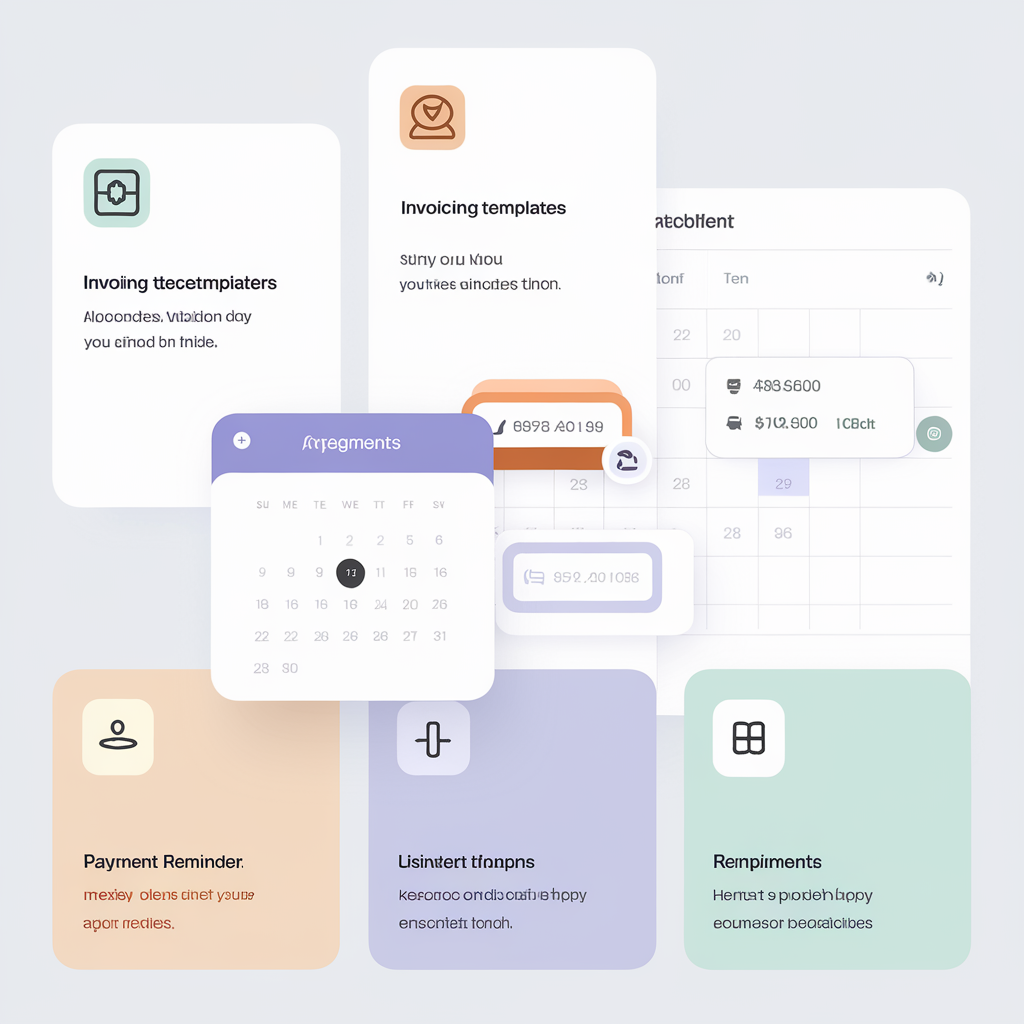
Popular Software Options
Therapists need to manage money wisely. Good accounting software helps a lot. It tracks income, and expenses, and can even handle taxes. This post talks about popular software options for therapists. Let’s dive into some top picks.
Quickbooks
QuickBooks for therapists is a great choice. It’s easy to use and very powerful. Here’s why therapists love QuickBooks:
- Tracks all money coming in and going out
- Makes tax time less scary
- You can see how your practice is doing anytime
QuickBooks also works with other tools you might use. This makes everything smoother. Let’s see how it compares to others:
| Feature | QuickBooks | Other Software |
|---|---|---|
| User Friendly | Yes | Mostly |
| Price | Varies | Varies |
| Specific for Therapists | No | Some |
Freshbooks
FreshBooks is another good choice. It’s great for sending invoices and managing expenses. Here’s what makes FreshBooks stand out:
- Super simple invoicing
- Keeps expenses in check
- Excellent customer support
But, FreshBooks is more than just invoices. It has features like time tracking and project management. This helps therapists keep everything in one place. Compared to others, here’s how FreshBooks does:
| Feature | FreshBooks | Other Software |
|---|---|---|
| Easy Invoicing | Yes | Varies |
| Expense Tracking | Excellent | Good |
| Customer Support | Top-notch | Varies |
Therapist-specific Solutions
Some software is made just for therapists. These therapist-specific solutions understand what therapists need. They often include features like:
- Appointment scheduling
- Client notes
- Billing and Insurance
Using therapist-specific software means everything is tailored for a therapy practice. This can save a lot of time and stress. Private practice software often includes:
| Feature | Therapist-Specific Software | General Software |
|---|---|---|
| Tailored for Therapy | Yes | No |
| Includes Clinical Features | Yes | No |
| Designed for Practice Growth | Often | Sometimes |
One example is Wave accounting bookkeeper. It’s not just for therapists, but it’s free and easy. This makes it a good start for many.
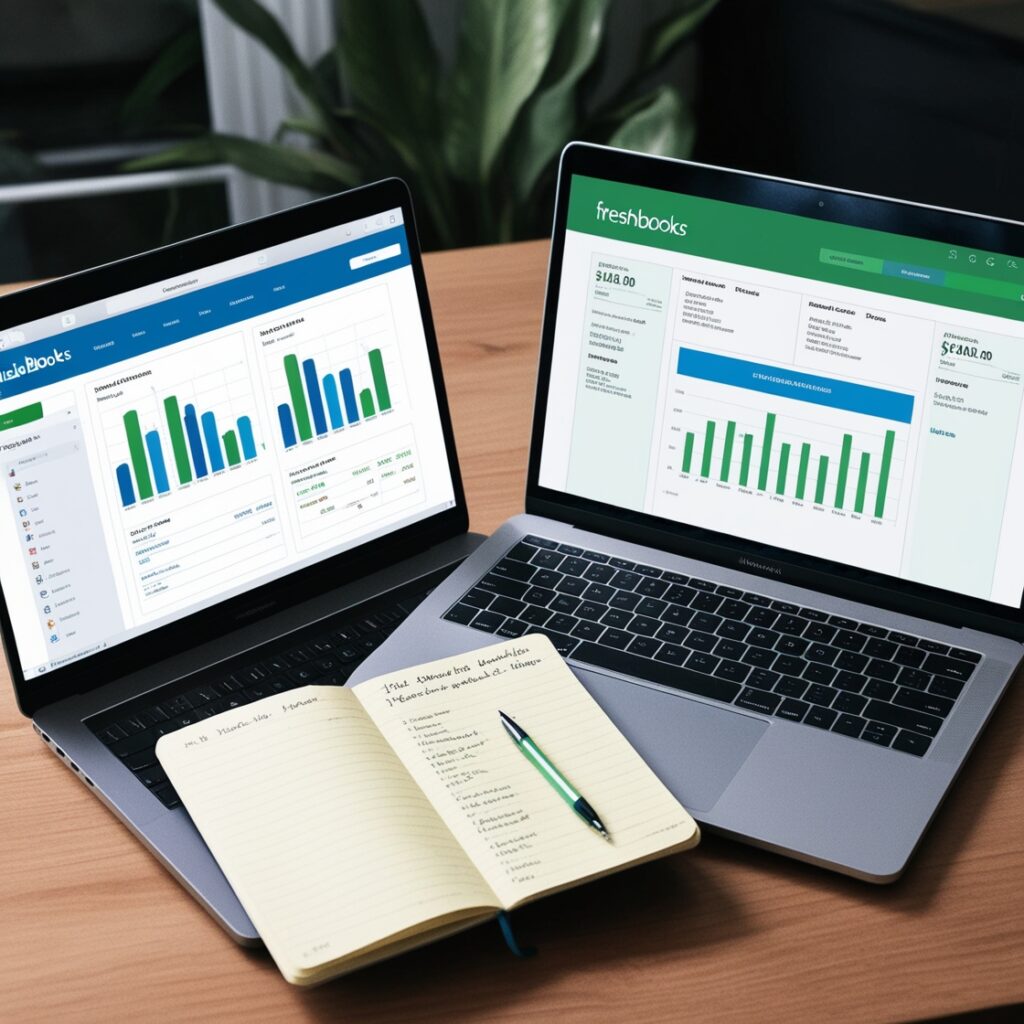
Integration With Practice Management
Therapists need to juggle client care with the nitty-gritty of running a business. Accounting software for therapists is a game-changer. It makes bookkeeping simple and efficient. The best part? When it links seamlessly with practice management systems. This integration means less time on admin and more on client care.
Scheduling Tools
The right scheduling tools within private practice management software can transform a therapist’s workflow. These tools should allow therapists to:
- Book appointments quickly
- Reduce no-shows with automated reminders
- Sync schedules with personal calendars
- Handle rescheduling and cancellations efficiently
An integrated system means all these functions talk to each other. For instance, a change in the schedule can auto-update the accounting side. Billing adjusts to reflect the new appointment times. It’s simple and smart.
Client Management
Client management is at the heart of any counselling practice software. The best practice management software for therapists will include features to:
| Feature | Benefit |
|---|---|
| Client Portals | Offers clients a secure way to manage their details and appointments. |
| Document Storage | Keeps all client documents in one place, easily accessible and secure. |
| Billing Integration | Ensures accurate and timely client billing linked to therapy sessions. |
| Progress Tracking | Allows therapists to monitor client progress over time. |
When client management is part of the practice’s ecosystem, therapists can focus more on care and less on paperwork.
Telehealth Integration
Telehealth integration has become a must-have. The psychology practice management software offering this feature allows therapists to:
- Conduct secure video sessions
- Manage virtual appointments alongside in-person ones
- Access client information and notes during tele-sessions
- Bill for telehealth services without extra steps
With integrated telehealth, therapists can deliver care from anywhere. This flexibility is essential in today’s health landscape. It keeps both therapists and clients connected.
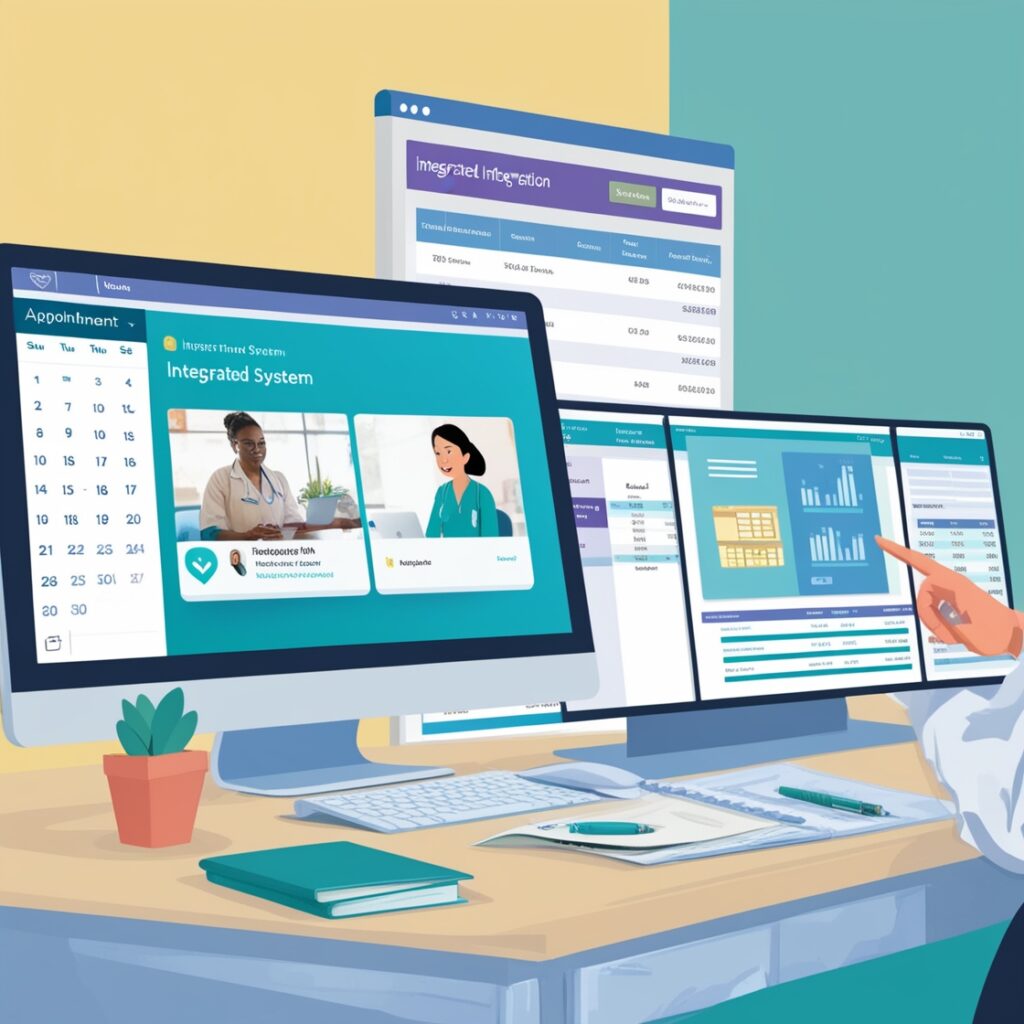
User Experience And Support
Therapists often juggle many roles, from providing care to managing finances. The right accounting software can make all the difference. It should be simple, supportive, and resource-rich. Let’s explore how user experience and support can enhance the day-to-day for therapists.
Ease Of Use
Choosing the best software for therapists hinges on its ease of use. The interface must be clear and intuitive. This means therapists spend less time figuring out their software and more on their clients. Features to look for include:
- Quick setup process
- Simple navigation
- Clear dashboard with a financial overview
Many therapists prefer QuickBooks bookkeeping software for its user-friendly design. With just a few clicks, you can track expenses, view profits, and manage invoices. Let’s look at a comparison table:
| Feature | QuickBooks | Other Software |
|---|---|---|
| Setup Time | Fast | Varies |
| User Interface | Intuitive | Complex |
| Financial Reporting | Comprehensive | Limited |
For those on the go, the best bookkeeping app must sync across devices. This ensures therapists can access financial data anywhere, anytime. For solo practitioners, self-employed bookkeeping software free options exist. They offer basic features without the cost.
Customer Support
Even the best software needs strong customer support. Therapists require quick answers to keep their practice running smoothly. Good customer support for therapy software should offer:
- 24/7 availability
- Multiple contact methods: phone, email, chat
- Helpful, knowledgeable staff
Imagine a billing issue arises. With robust support, it’s resolved fast, causing minimal disruption. The value of reliable customer support cannot be overstated. It’s the safety net that ensures peace of mind for busy therapists.
Online Resources
Online resources serve as a self-help tool for therapists using accounting software. These might include:
- Video tutorials
- Community forums
- FAQ sections
- Guides and articles
Therapists can learn at their own pace, find answers, and connect with peers. The best software for therapists often has a wealth of online materials. It empowers users to maximize the software’s potential, leading to a more efficient practice.

Cost Considerations
Choosing the right accounting software is key for therapists. It’s all about managing costs wisely. Let’s dive into cost considerations to help you pick the best option.
Subscription Models
Accounting software often comes with various subscription models. This means you pay regularly to use it. Here’s a breakdown:
- Monthly payments: You pay each month. This is flexible.
- Annual payments: Paying yearly usually costs less than monthly.
For example, how much is Theranest per month? It’s known for being a great choice for therapists. Yet, its cost varies by the features you need. Let’s look at a simple table comparing monthly and annual costs.
| Software | Monthly Cost | Annual Cost |
|---|---|---|
| Therapist | $50 | $540 |
| Other Software | $40 | $430 |
Choosing the right subscription model saves money. Think about what you need and pick wisely.
Hidden Fees
Some software adds hidden fees. These are costs not clear at first. Here’s what to watch for:
- Setup fees: Some charge you just to start using the software.
- Extra user fees: Adding more team members can cost extra.
- Feature fees: Want more tools? They might cost more.
Knowing these can help avoid surprises. Always ask about all possible fees before choosing. This ensures you don’t pay more than expected. The easiest bookkeeping software for small business often has few hidden fees, making them a good choice.
Value For Money
Not all software gives the same value for money. Here’s how to make sure you’re getting a good deal:
- Check features: Does it do everything you need? More features can mean better value.
- Look for free trials: Testing software first helps decide if it’s worth it.
- Read reviews: See what other therapists think about its value.
For instance, looking for a free bookkeeping program might seem like the best value. But, the best sole proprietor accounting software might offer more for a small cost. Always compare what you get against what you pay. This way, you pick software that’s truly worth your money. Remember, the subscription models for accounting software vary, so choose the one that matches your budget and needs.
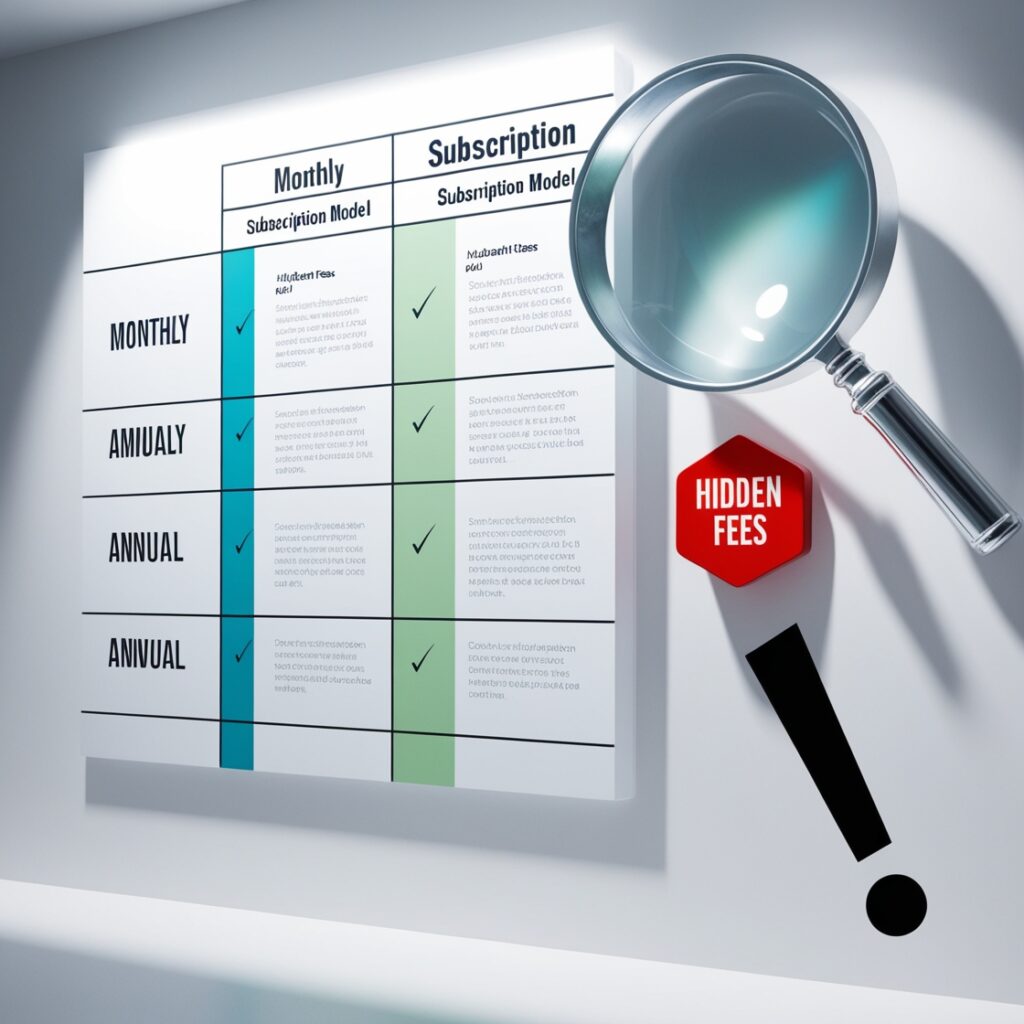
Compliance And Security
Therapists need reliable accounting software to manage their finances with ease. It’s vital that this software adheres to strict compliance and security protocols. Protecting sensitive client data isn’t just a courtesy; it’s a legal requirement. The right accounting tool ensures therapists can focus on helping clients, not worrying about data breaches or compliance issues.
Data Protection
When it comes to accounting software for therapists, data protection sits high on the priority list. Client records, billing information, and personal data require the highest security measures. Good accounting software includes:
- Encryption technology to keep data safe.
- Access controls to limit who can see sensitive information.
- Regular updates to stay ahead of potential threats.
Consider the following table that outlines key data protection and security tools you should expect:
| Feature | Description | Benefit |
|---|---|---|
| Encryption | Scrambles data to prevent unauthorized access | Secures client information |
| Access Control | Limits data access to authorized users | Prevents data leaks |
| Regular Updates | Provides ongoing software improvements | Counters new security threats |
HIPAA Compliance
Therapists must ensure their accounting software is HIPAA compliant. HIPAA sets the standard for protecting sensitive patient data. Any accounting software used must meet these standards. Features to look for include:
- Secure patient data handling.
- HIPAA-compliant accounting software that offers audit trails.
- Contracts with software providers ensuring HIPAA adherence.
Many therapists ask, “Is QuickBooks online HIPAA compliant?” The answer isn’t straightforward. While QuickBooks Online itself isn’t HIPAA compliant, steps can be taken to use it within HIPAA guidelines, such as signing a Business Associate Agreement (BAA) with Intuit.
Regular Backups
Regular backups for financial software are non-negotiable. They protect against data loss from hardware failure, human error, or cyber-attacks. Key elements of a solid backup strategy include:
- Automatic backup settings.
- Secure, off-site storage locations.
- Easy data recovery processes.
For therapists managing multiple entities, accounting software for multiple small businesses should offer consolidated backup solutions. This ensures all financial data is secure and retrievable, whenever it’s needed.
![]()
Tips For Implementation
Therapists often juggle between client sessions and running their practice. Good accounting software can ease this load. It streamlines practice bookkeeping, manages therapy business expenses, and simplifies taxes for private practice therapists. But, setting it up right is crucial. Here are some key tips for successful implementation.
Data Migration
Shifting your numbers to new software needs care. Start with a clear plan. Here’s how:
- Review of accounting software your current data for accuracy.
- Choose what to move. Not everything might need migration.
- Back up your data. Always keep a copy safe.
Work with experts from Accounting Therapy Inc. for a smooth transition. They know the drill. Your data is in safe hands. Check this table for a quick guide on the steps:
| Step | Action | Note |
|---|---|---|
| 1 | Assess current data | Find what’s useful. |
| 2 | Prepare data format | Match it with the new system. |
| 3 | Test migration | Do a trial run. |
Staff Training
Teach your team well. They must know how to use the new system. Here’s a plan:
- Start early. Train before the full switch.
- Use real scenarios. Let staff practice common tasks.
- Keep sessions short. Short learning bursts work best.
Remember, bookkeeping for therapists can seem tough. Make it easy. Show your team the perks. They’ll catch on quicker. Use this checklist for training:
- Basic features first.
- Then, complex tasks.
- Finally, troubleshooting.
Customization
Every therapist’s practice is unique. Tailor your software to fit your needs. Look at these steps:
- Identify your practice’s needs.
- Modify the software settings.
- Test to ensure it works for you.
Think about the therapist using therapy business expense tracking. Make it easy for them. Customize that part well. Use these ideas to customize effectively:
- Set up expense categories.
- Create templates for invoices.
- Adjust reports for clarity.
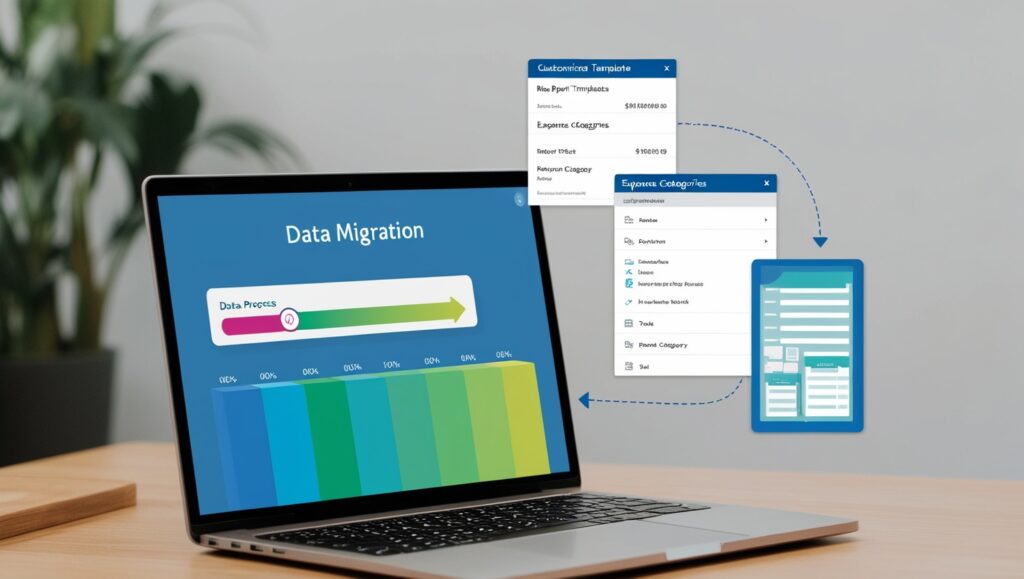
Frequently Asked Questions
What Is Accounting Software For Therapists?
Accounting software for therapists is a specialized tool designed to manage finances, invoicing, and bookkeeping specifically for therapy practices.
How Does Therapy Accounting Software Improve Billing?
Therapy accounting software streamlines billing processes, ensuring accurate invoicing and timely payments from clients and insurers.
Can Therapists Track Expenses With Accounting Software?
Yes, therapists can track both personal and business expenses, simplifying tax preparation and financial management.
Is Accounting Software For Therapists User-Friendly?
Many accounting software options for therapists prioritize user-friendliness to accommodate those without formal accounting training.
What Features Are Essential In Therapist Accounting Software?
Essential features include client billing, expense tracking, appointment scheduling, and financial reporting tailored to a therapist’s practice.
How Secure Is Therapist Accounting Software?
Therapist accounting software typically includes robust security measures to protect sensitive client data and financial information.
Does Accounting Software For Therapists Support Tax Preparation?
Yes, it usually includes tax preparation features, such as expense categorization and income tracking, to assist therapists during tax season.
Can Accounting Software Integrate With Therapy Scheduling Tools?
Many accounting software solutions offer integration with therapy scheduling tools to streamline practice management.
Will Accounting Software For Therapists Save Time?
Therapists can save significant time on administrative tasks by automating billing, invoicing, and financial reporting with accounting software.
How Does Accounting Software Enhance Therapist-client Relations?
Accounting software can enhance therapist-client relations by providing clear, timely billing communications and reducing administrative errors.
Conclusion
Selecting the right accounting software is crucial for therapists. It streamlines financial tasks, saving time and reducing errors. With the options available, finding one that suits your needs is easier than ever. Embrace technology to enhance your practice’s efficiency and focus more on providing exceptional care to your clients.





